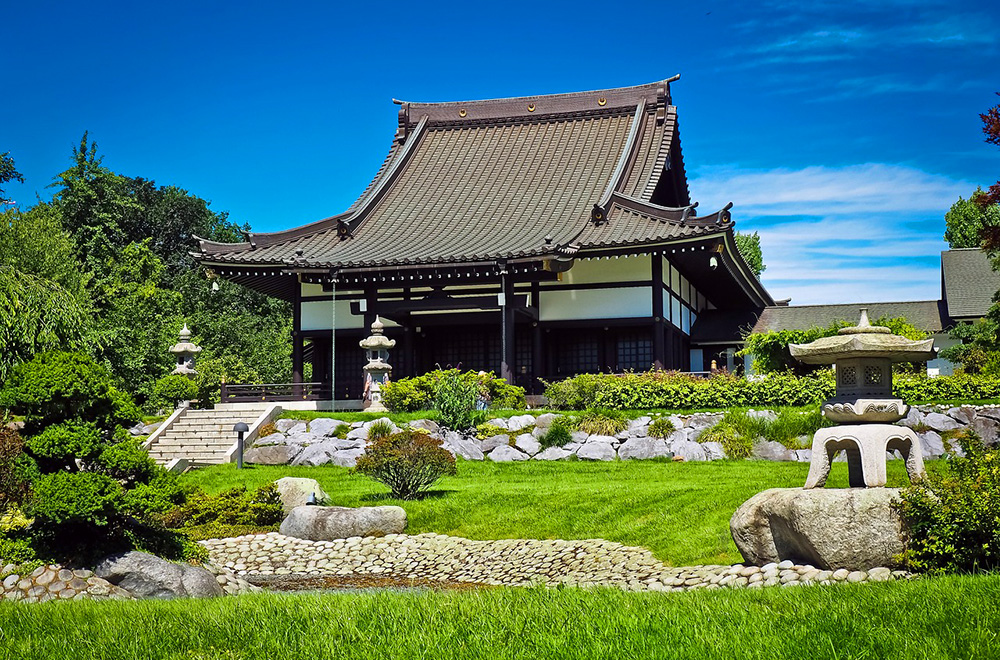
Buying a property in Japan, especially an akiya, or abandoned home, can be a life-changing opportunity. But to ensure a smooth and secure transaction, understanding Japan’s real estate laws and legal procedures is essential.
This guide walks you through the key legal aspects you need to know before purchasing an akiya, whether you’re a foreign investor, retiree, or aspiring countryside homeowner.
1. Yes, Foreigners Can Legally Buy Property in Japan
One of the most frequently asked questions is:
“Can foreigners buy property in Japan?”
Yes. There are no legal restrictions on foreigners owning property or land in Japan. You don’t need permanent residency or a special visa. However, owning property does not give you any immigration advantages or residency status.
2. Understand the Two-Part Ownership: Land and Building
In Japan, land and buildings are separate legal entities. When buying an akiya, make sure you’re purchasing both the house and the land.
✅ Look for properties listed as 所有権 (shoyuken) – Freehold
⚠️ Be cautious with 借地権 (shakuchiken) – Leasehold, where you own only the structure, not the land
3. Registration and the Role of a Judicial Scrivener (司法書士)
After signing the contract, the property must be legally transferred into your name via the Japanese land registry.
This is handled by a licensed judicial scrivener (司法書士), who will:
- Verify ownership rights and title deeds
- Prepare and file registration documents
- Ensure there are no legal disputes or unpaid taxes
At Akiya Heaven, we work closely with scriveners to guarantee that all ownership transfers are legally binding and properly registered.
4. Check for Inheritance or Ownership Complications
Many akiya properties have been passed down through generations, and some are left with unresolved inheritance.
⚠️ Make sure:
- All current owners are clearly identified
- The seller has the legal right to sell
- No co-owners or heirs are missing from the contract
If not handled properly, you risk delays or disputes even after payment is made.
5. Understand Building Regulations and Zoning Laws
Japan has strict zoning and building codes, especially in rural areas.
Before buying, check:
- Zoning classification (residential, agricultural, industrial, etc.)
- Whether renovation or reconstruction is allowed
- If the house is located within a designated city planning area (都市計画区域)
- Compliance with setback rules or road access (properties must usually touch a legal road of at least 2 meters)
Some akiya can’t be rebuilt if demolished. This greatly affects value and usage potential.
6. What Taxes Do You Need to Pay?
When buying an akiya, expect the following taxes:
- Acquisition tax (不動産取得税): One-time tax based on assessed value
- Registration & license tax (登録免許税): Paid during ownership transfer
- Annual fixed asset tax (固定資産税) and city planning tax (都市計画税): Paid yearly
These amounts vary depending on the property’s location and size, but older rural homes usually have low assessed values, making taxes relatively cheap.
7. Does the Property Include Agricultural Land?
Some akiya include farmland.
⚠️ Be aware that foreigners cannot freely purchase agricultural land without special permission.
Agricultural land is governed by the Agricultural Land Act, and ownership often requires approval from the local Agricultural Committee. If the property includes farmland, legal procedures are more complex and can delay or block the purchase.
8. Get a Written Contract With All Terms Clearly Stated
In Japan, real estate contracts (売買契約書) must include:
- Purchase price and payment schedule
- Description of the land and building
- Rights, restrictions, and existing defects
- Dates for handover and registration
- Signatures and seals from both parties
Avoid handshake deals or verbal agreements. A written contract is crucial for protection.
9. Use a Certified Real Estate Agent
Working with a licensed Japanese agent (宅地建物取引士) is highly recommended.
They provide:
- Access to the national real estate database, not available to the public
- Legal disclosures and paperwork
- Fair price evaluation and negotiation support
- Protection against scams and illegal sellers
At Akiya Heaven, we are certified notary agents and guide our clients through every legal step, from property sourcing to final registration.
Final Thoughts: Legal Clarity = Peace of Mind
Buying an akiya in Japan can be straightforward and safe if the legal foundations are solid. From verifying ownership to understanding zoning laws and taxes, being informed helps you avoid costly mistakes.
That’s why it’s essential to work with professionals who understand the Japanese system and speak your language.
Contact Us Today!
Ready to explore the potential of an akiya? Reach out to us at contact@akiyaheaven.jp to discuss your options and begin your journey toward owning a unique Japanese property. Akiya Heaven’s experts are here to answer your questions and provide the guidance you need. Unlock the potential of an akiya and turn an abandoned home into your ideal property. Contact us now to learn more!
